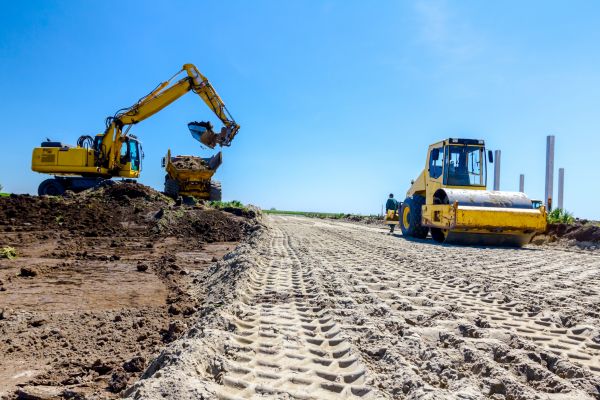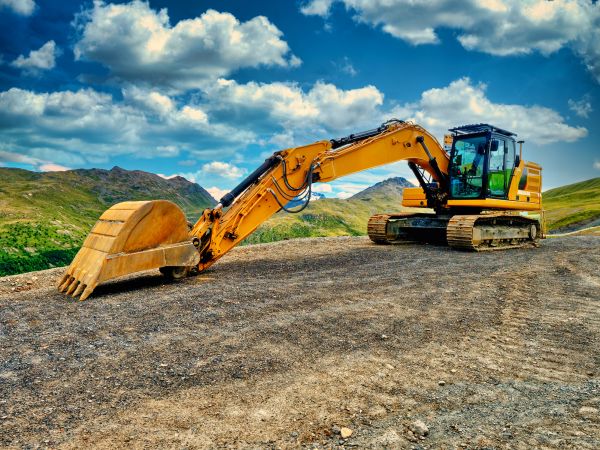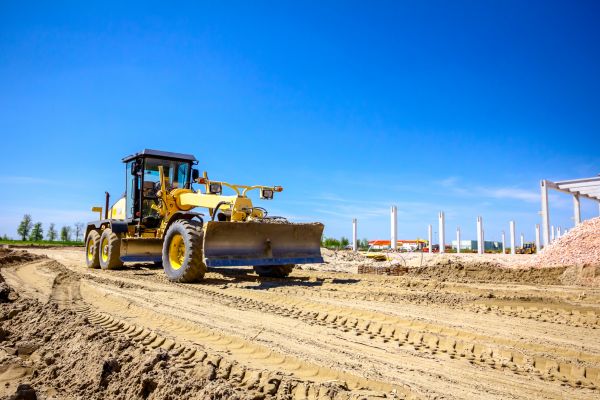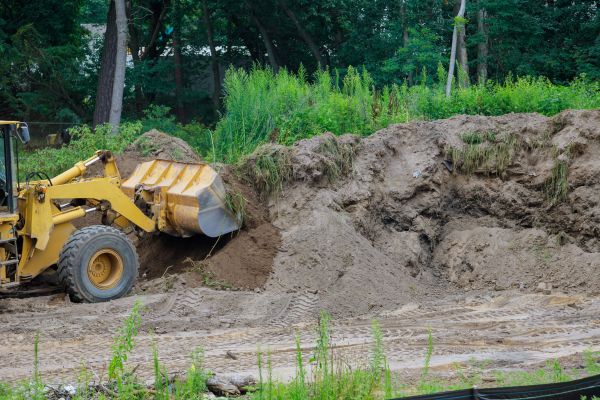Soil Grading Service
Affordable Soil Grading
Soil grading is a critical process in landscape and construction projects, involving the reshaping and leveling of land to create a stable foundation for structures, manage water drainage, and prevent soil erosion. Proper soil grading ensures that the land is suitable for the intended use, whether for building a home, creating a garden, or constructing a driveway. By adjusting the slope and contour of the land, soil grading helps to mitigate water runoff issues, reduce flooding risks, and promote healthy plant growth. It is an essential step in preparing a site for development and plays a significant role in the longevity and stability of any construction project.
Benefits of Soil Grading
-
Improved Drainage
One of the primary benefits of soil grading is the enhancement of drainage systems. By contouring the land to direct water flow away from buildings and other structures, soil grading prevents water accumulation and reduces the risk of flooding. This is particularly important in areas prone to heavy rainfall or where the natural topography may lead to water pooling. -
Erosion Control
Soil grading helps in controlling erosion by stabilizing the soil and preventing it from being washed away by rain or wind. This is vital for maintaining the integrity of the landscape and ensuring that plants and structures remain secure. Proper grading can significantly reduce the loss of topsoil and maintain the fertility of the land. -
Foundation Stability
A well-graded site provides a stable foundation for construction projects. By leveling the ground and ensuring the soil is compacted properly, soil grading minimizes the risk of foundation shifts or settling over time. This stability is crucial for the safety and durability of buildings and other structures. -
Enhanced Aesthetic Appeal
Beyond functional benefits, soil grading can enhance the aesthetic appeal of a property. By creating smooth, even surfaces and attractive contours, grading can transform a rugged landscape into a visually pleasing environment. This can increase the property's value and make it more appealing to potential buyers or tenants.
FAQs About Soil Grading
What is the purpose of soil grading in construction?
Soil grading in construction is primarily aimed at creating a stable and level foundation for buildings, ensuring proper drainage, and preventing erosion. It prepares the land for development and contributes to the long-term stability of structures.
How does soil grading affect landscaping?
Soil grading affects landscaping by shaping the land to improve drainage, control erosion, and enhance aesthetic appeal. It allows for the creation of smooth surfaces and attractive contours that support healthy plant growth and visually pleasing landscapes.
Can soil grading help with drainage issues?
Yes, soil grading is an effective solution for drainage issues. By creating slopes that direct water away from structures and towards designated drainage areas, grading prevents water accumulation and reduces the risk of flooding.
Is soil grading necessary for all construction projects?
While not all construction projects may require extensive soil grading, it is often necessary for those involving uneven terrain, poor drainage, or erosion-prone areas. Proper grading ensures the stability and longevity of the construction work.
Fill out the contact form today to request professional soil grading services. Experience the benefits of improved drainage, erosion control, foundation stability, and enhanced aesthetic appeal with expert soil grading.




